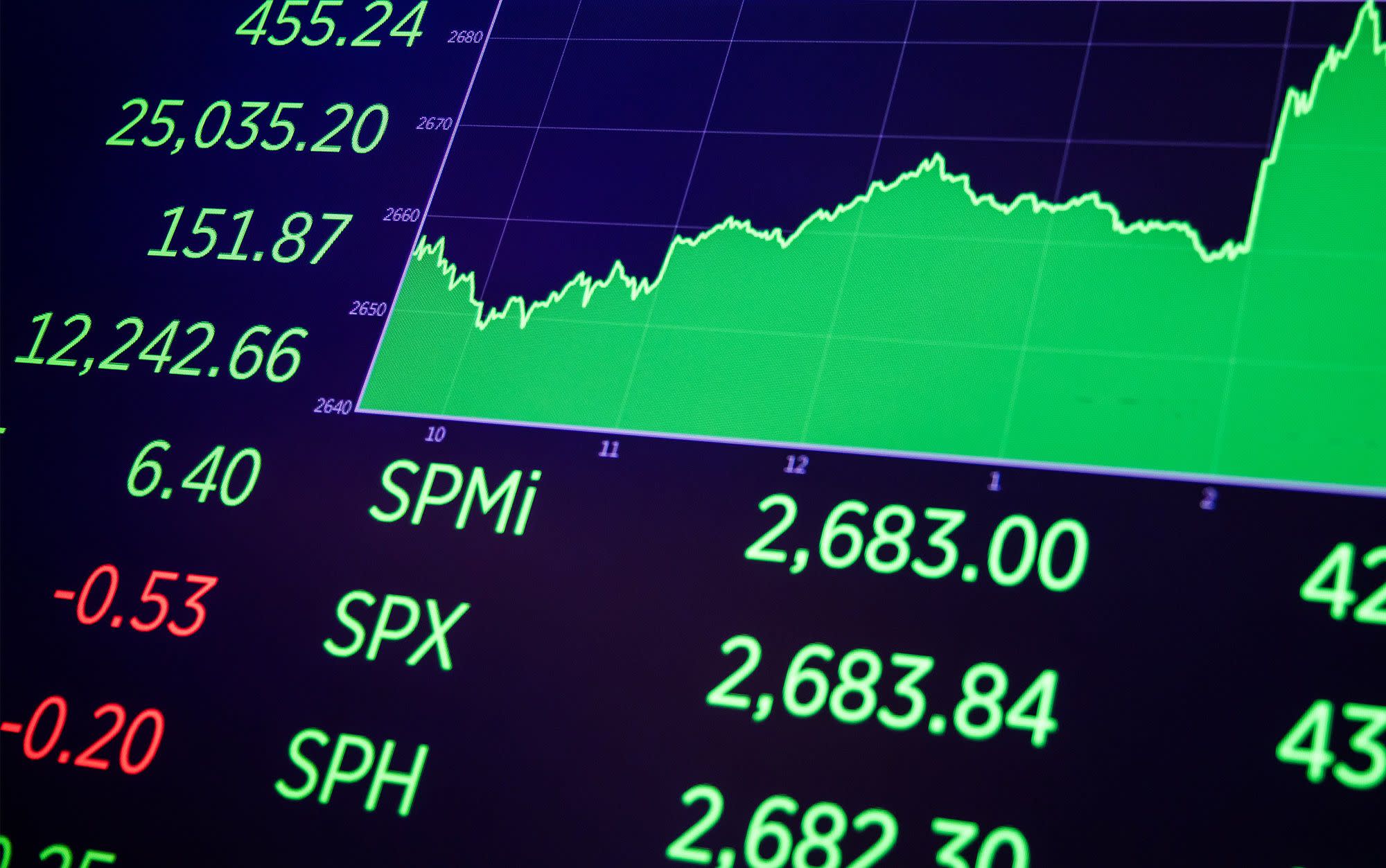Stimulus-Fueled Risk Rally Comes Hand-in-Hand With Higher Yields

(Bloomberg) — Commodity currencies are rising while haven assets decline as the U.S. Senate’s approval of a $1.9 trillion economic stimulus and a surge in China’s exports drive a risk-on bid in markets Monday.
The Australian dollar and Norwegian krone led gains among major currencies while stocks in Asia advanced as Covid-19 relief legislation exceeded many Wall Street estimates. Yet increasing optimism for growth is also fueling concern about central banks curbing stimulus and borrowing costs rising, with benchmark 10-year Treasury yields edging higher in Asian trading.
“Firmer U.S. data and the passage of President Biden’s $1.9 trillion fiscal bill by the Senate is helping to support markets, but stabilization may prove to be temporary,” said Mitul Kotecha, senior emerging markets strategist at TD Securities in Singapore. “The Fed is not even close to stepping in to end the bond rout and yields may go higher.”
Kotecha said the 10-year yield may reach 1.75% in the near term and 2% by year end. It rose two basis points to 1.59% at 9:30 a.m. in Singapore, putting it just short of the high reached Friday after stronger-than-expected U.S. jobs data and around levels last seen in February 2020.
While the relief measure still needs to go back to the House for a final vote expected Tuesday, economists are already boosting their forecasts for growth. Almost exactly a year after the spread of the coronavirus ripped its way through global markets, traders are betting that the rollout of vaccines and additional government stimulus will all but guarantee an economic recovery — as well as faster inflation.
Although on the surface the advance in Treasury yields is a sign of economic strength, the pace of the move also points to mounting concern that the Federal Reserve will have to raise rates sooner than expected to rein in surging inflation.
Risk assets have seen pressure in the past few weeks even as officials like Treasury Secretary Janet Yellen have played down concern that the recent surge in U.S. yields reflects expectations for an outsize breakout in inflation. Federal Reserve Chairman Jerome Powell also did little last week to indicate that the central bank might step in to assuage concerns about rising inflation.
(Updates with latest asset moves in third paragraph)
For more articles like this, please visit us at bloomberg.com
Subscribe now to stay ahead with the most trusted business news source.
©2021 Bloomberg L.P.




